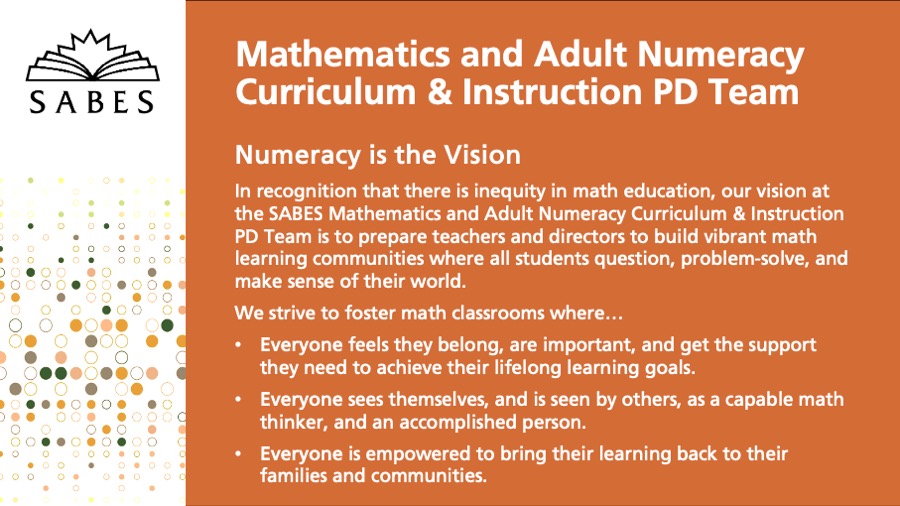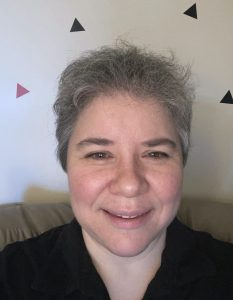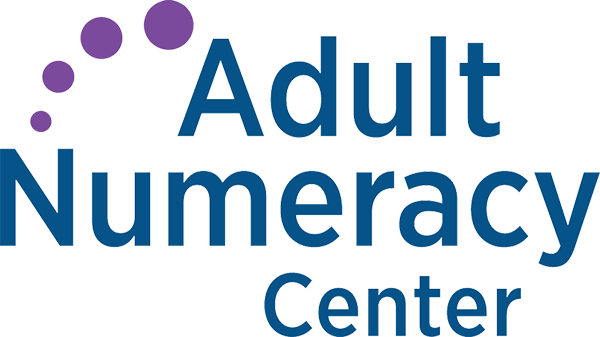No Pressure (A Thought Experiment)
by Aren Lew
One of my favorite mathematical college memories is of a math test. (Yes, you read that right. I have a cherished memory of a math test.) We had a week-long test my professor called a “pyramid exam.” On Monday, we worked on our own on the test for the whole class period. It was hard! My professor let us know that it was much too hard and too much work for us to complete in one class period, so we could do what we could without feeling pressure to finish. I felt free to fully engage with the questions, not worrying about time, knowing this was just my first attempt and that I’d have more time to think later.
At the end of the class, we handed in our work and took home a fresh copy of the test to work on individually for two days, now using notes and books. On Wednesday, we handed in that work (still not having finished) and got into groups to work together on the test for the next two days. By the time we got to class on Friday, we had it pretty much figured out. On that final day of the test, we discussed the problems as a whole class, and everyone left fully understanding them.
The main thing I remember from the whole week is the powerful feeling that came with being challenged, working hard, and having time and appropriate support—not to mention the pride and satisfaction from figuring out something that had seemed almost impossible on day one. I came away from the experience with increased confidence about my own problem-solving abilities. (That professor who did the pyramid exam also did a TED Talk that explores what math class can be like free of the pressures that often weigh on it. You can see it here:
Having time to think and work hard made a test into a positive learning experience. But in adult numeracy classes, time can feel like the scarcest of all resources. Semesters are short, and we never know how long we will have with our students. There is so much math to do in that short time. Also, students bring their own sense of time pressure, both because they have limited time to devote to preparing for a high stakes test and because they may already feel behind where they are “supposed to be” as adults. All these pressures are real. How can we not feel rushed? I don’t know the answer but just for a moment, I want to indulge in imagining what it could be like…

In the words of Langston Hughes, I dream a world where learners do not have to pass a timed standardized test to show their learning, where adults whose K-12 experience has not adequately prepared them for college, work, or the math of life can learn free of time and test pressure. (After all, where in the real world do we have to demonstrate specific math skills with no resources but a calculator and scratch paper, with only minutes to think, and with our future job or education prospects depending on how well we do it?) What would we aim for in our classes if that test were not hanging over us all? How would we use our precious time then?
I would listen to students’ stories and explore how the “failures” that brought them to adult education were failures of systems, not of learners. I would devote time to exposing the lies that students have been told like “some people just aren’t math people”, “the school math way is the right way”, “the only way you can learn math is with gimmicks and tricks.”
I would illuminate students’ strengths. What unique and creative ways of thinking have helped them navigate their paths so far and brought them to this class?
I would give students opportunities to find joy in math learning, through play and art and puzzles and choice. I would make space for students to figure out what kinds of math they need to learn and what kinds they want to learn. (Really, very few of us need to factor quadratic expressions or simplify radicals in our daily adult lives. On the other hand, there is beauty to be discovered in patterns and graphs and shapes if we care to look for it.)
I would teach deeply the math that students need and want, empowering students to use flexible thinking about numbers, pattern reasoning, proportional reasoning, and data literacy to move confidently and numerately in the world.
What would you do if you felt you had the time?
I know it’s a fantasy (at least at the moment) to imagine math class free of the pressure of limited time and of standardized tests, but these things I’m dreaming of are important to make time for, even when we feel we don’t have the time.
The SABES Math Team has a vision (found on our Anti-racism, Diversity, Equity and Inclusion in Math page) that reads:

I don’t want to let the pressures of limited time and standardized testing stand in the way of that vision. And I believe that when we make time in math class for the things that really matter, content learning will happen, too. We don’t have to choose one or the other.

Aren Lew has worked in the field of adult numeracy for over ten years, both as a classroom teacher and providing professional development for math and numeracy teachers. They are a consultant for the SABES Mathematics and Adult Numeracy Curriculum & Instruction PD Team at TERC where they develop and facilitate trainings and workshops and coach numeracy teachers. They are the treasurer for the Adult Numeracy Network.
They are a consultant for the SABES (System of Adult Basic Education Support) Mathematics and Adult Numeracy Curriculum & Instruction PD Center at TERC where they develop and facilitate trainings and workshops and coach numeracy teachers. They are the treasurer for the Adult Numeracy Network (ANN).
